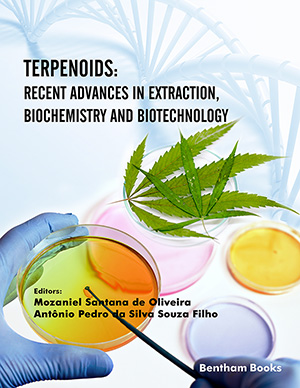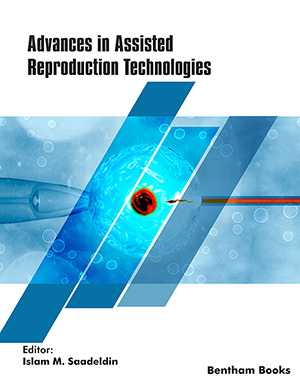Abstract
Background: Celite- immobilized lipase was used to catalyze the esterification reaction between different alcohol of carbon chain in increasing order viz. methanol, ethanol, propanol and butanol to form cinnamate esters in DMSO (solvent) at different temperatures for different time periods in a chemical reactor.
Methods: The molar ratio of 1:1 (cinnamic acid: alcohol) was found to be optimum for the syntheses of all cinnamate esters when incubated for 10-12 h at 55ºC with 1-1.5% biocatalyst load in the presence of 20 and 30 mg/ml of molecular sieves for methyl, ethyl cinnamate and propyl and butyl cinnamate, respectively. Results: All the respective esters that were synthesized were characterized by FTIR spectroscopy followed by NMR spectroscopy. Conclusion: The positive inference in favour of esters formation comes from the presence of peaks of the functional groups (C=O stretching in ester) and (-COC- stretching) and absence of peak due to –OH stretching in the FTIR spectra of esters. 1H NMR spectra were also recorded on (INOVA 400 MHz spectrophotometer) in deuterated chloroform (CDCl3) solution with internal standard TMS (0 ppm), and chemical shifts in parts per million (δ/ppm) confirmed the ester syntheses.Keywords: Bacillus aerius, cinnamate esters, FTIR spectra, lipase immobilization, NMR spectra.

























